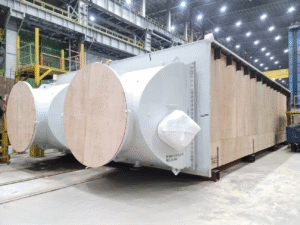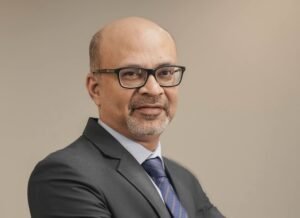Greater Noida (Staff Correspondent): An experienced pulmonologist in Dubai, Dr. Mohammad Fawzi Katranji, was recently not only impressed by the capabilities of Artificial Intelligence (AI), but he also believed that now his job could be in danger. In fact, with the help of an AI tool, he analyzed the X-ray of the lungs of a patient, which was to confirm pneumonia. AI not only identified the same areas that Dr. Katranji had seen, but also pointed out an additional part that the doctor had overlooked. The doctor was surprised to see this.
Dr. Katranji said that he had spent 20 years to achieve this level of expertise, but AI did the accurate analysis in just a few seconds. He said laughingly, “Now I think I will soon apply for a job at McDonald’s. Maybe there will be some vacancies there.” He said this jokingly, but behind this his concern about the increasing role of AI is clearly visible.
Mixed reactions on social media
This video and incident gave rise to a discussion on social media. Some people considered AI as a tool to revolutionize healthcare, while some called it a threat to the existence of doctors.
One user wrote, “Tools like AI will give doctors more time so that they can take better care of patients. This will also maintain human emotions and understanding, and will also help technology.” At the same time, another user said, “AI does not necessarily take your job, but it can help you so that you can reach more people.”
AI: Assistant or replacement?
The question is now becoming bigger whether AI will be an assistant for doctors or will replace them? AI tools like Lunit INSIGHT CXR are now performing as well as or better than doctors in identifying diseases in X-rays. This means that technology is no longer just an assistant, but has started playing a decisive role.
Microsoft co-founder Bill Gates had also expressed concern in this direction. He said on The Tonight Show in February that the rapid advancement of AI could soon make doctors obsolete. He believes AI will make expert-level services free and universally accessible, revolutionizing access to healthcare. While AI advances pose a new challenge for doctors, it is time to change direction, not to be afraid. Doctors must now see technology as a partner, not an enemy—a partner that will help them provide more efficient, faster, and comprehensive care.
Human touch and sensitivity are still the soul of medicine—AI can become an extension of that soul, not a substitute.









